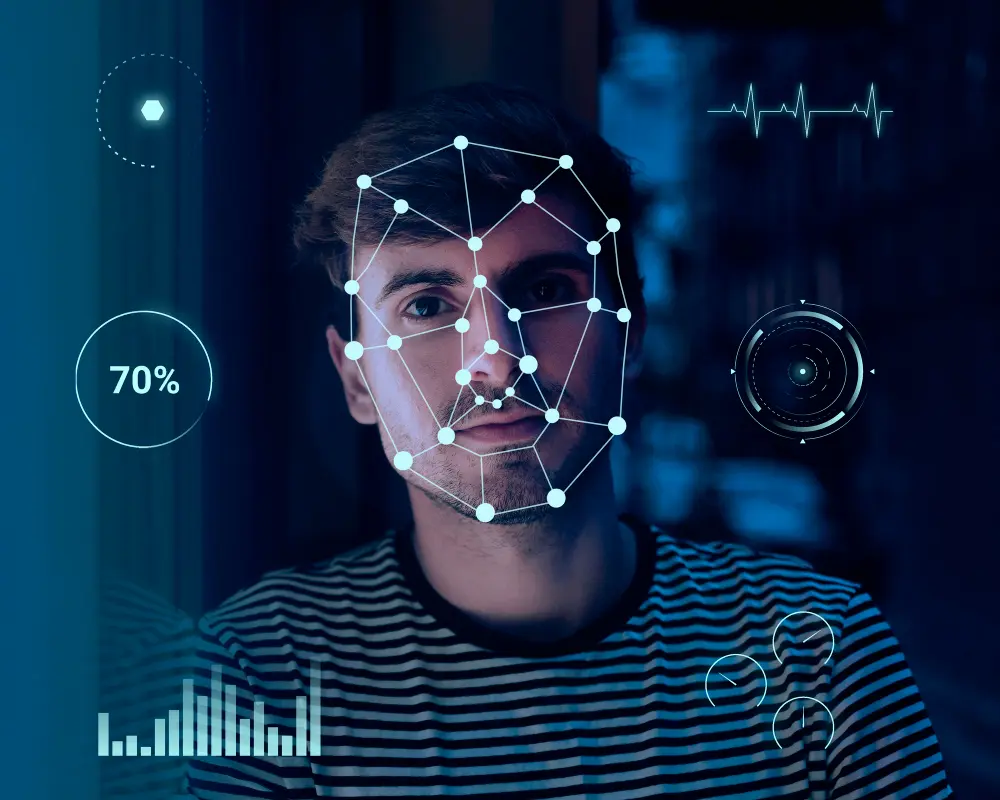Deepfakes, artificially generated media that convincingly depict people saying or doing things they never did, have rapidly evolved from a novelty to a potent technology with profound ethical implications. Fueled by advancements in artificial intelligence (AI) and machine learning, deepfakes are becoming increasingly sophisticated and accessible, blurring the lines between reality and fabrication. While they hold potential for creative expression and beneficial applications, the capacity for misuse raises serious concerns about trust, privacy, security, and the very nature of truth.
One of the primary ethical concerns surrounding deepfakes is their potential to spread misinformation and disinformation. By creating realistic but fabricated videos or audio recordings, malicious actors can manipulate public opinion, incite social unrest, and even interfere in democratic processes. The ability to put words into someone else's mouth or create entirely fictitious events can have far-reaching consequences, eroding trust in institutions, media, and even personal relationships. The danger is further amplified by the speed and scale at which deepfakes can be disseminated through social media and other online platforms.
Privacy is another significant ethical consideration. Deepfakes can be used to create non-consensual pornography, defame individuals, or impersonate them for fraudulent purposes. The ease with which a person's likeness can be co-opted and manipulated raises serious questions about autonomy and control over one's own image and identity. This is particularly concerning for women, who are disproportionately targeted in deepfake pornography. The creation and distribution of deepfakes without consent violates fundamental ethical principles and can have devastating consequences for the victims.
Beyond misinformation and privacy violations, deepfakes also pose a threat to security. Cybercriminals can use deepfakes to impersonate senior executives, trick employees into divulging sensitive information, or authorize fraudulent financial transactions. The ability to convincingly mimic a person's voice or appearance can bypass traditional security measures and create new avenues for social engineering attacks. As deepfakes become more realistic, it becomes increasingly difficult to distinguish them from authentic content, making it easier for malicious actors to deceive and manipulate others.
Addressing the ethical challenges posed by deepfakes requires a multi-faceted approach. One crucial step is to promote transparency and develop tools for detecting deepfakes. Requiring disclosure when content has been altered or generated using deepfake technology can help viewers assess its authenticity. Watermarking and other verification techniques can also help to identify manipulated media. However, detection methods must continuously evolve to keep pace with the rapid advancements in deepfake technology.
Ethical guidelines for the creation and use of deepfakes are also essential. These guidelines should emphasize the importance of consent, accuracy, and responsible use. Deepfakes created for legitimate purposes, such as education or research, should be clearly labeled and should not be used to deceive or harm others. Companies that develop and distribute deepfake technology have a moral obligation to ensure that it is used ethically and responsibly.
Furthermore, legal and regulatory frameworks may be needed to address the misuse of deepfakes. Laws prohibiting the creation and distribution of non-consensual deepfake pornography, defamation, and impersonation can help to deter malicious actors and provide recourse for victims. However, such laws must be carefully crafted to avoid infringing on freedom of speech and other fundamental rights.
Ultimately, addressing the ethical concerns surrounding deepfakes requires a collective effort from technologists, policymakers, and the public. By raising awareness, promoting transparency, and developing ethical guidelines and legal frameworks, we can mitigate the risks associated with this powerful technology and harness its potential for good. It is crucial to foster a culture of critical thinking and media literacy, empowering individuals to evaluate the information they encounter online and to distinguish between reality and fabrication.

















